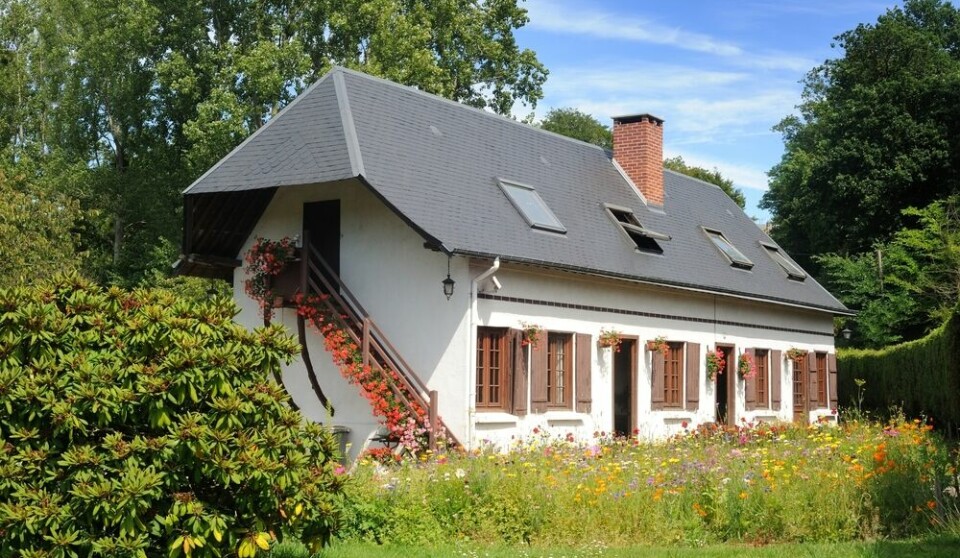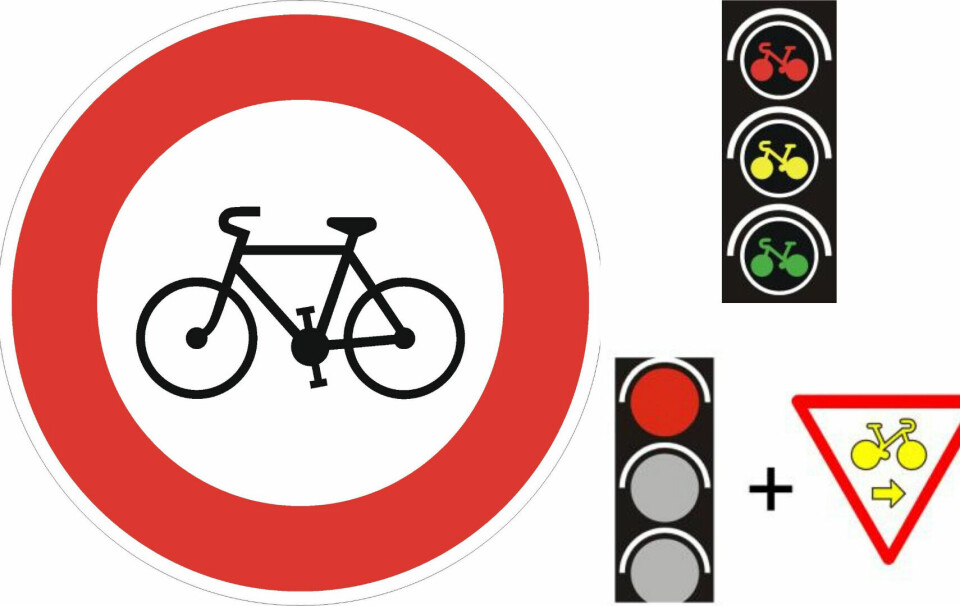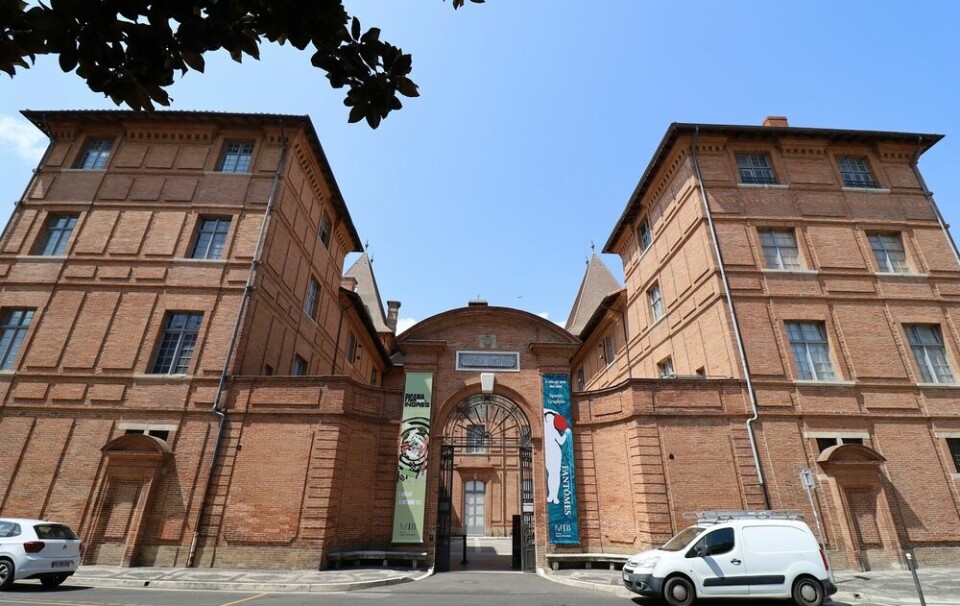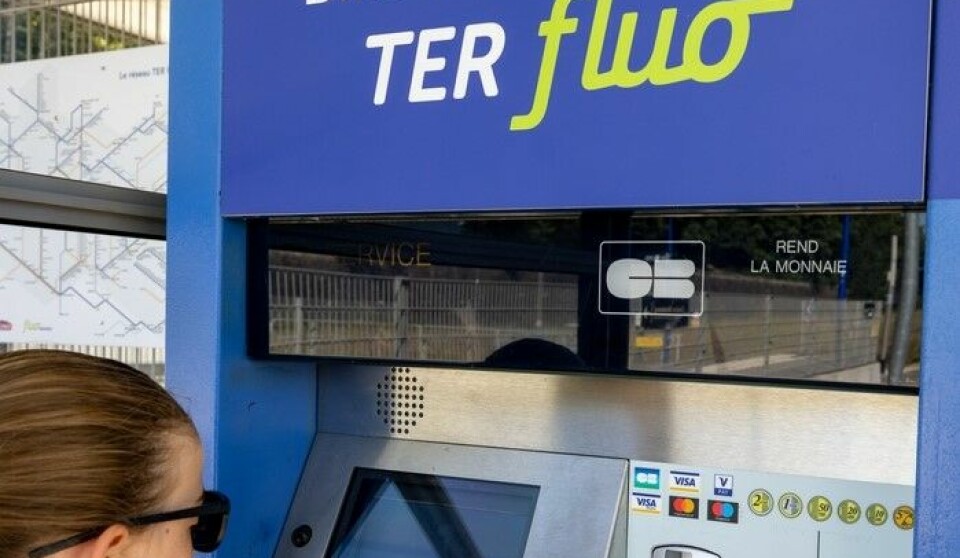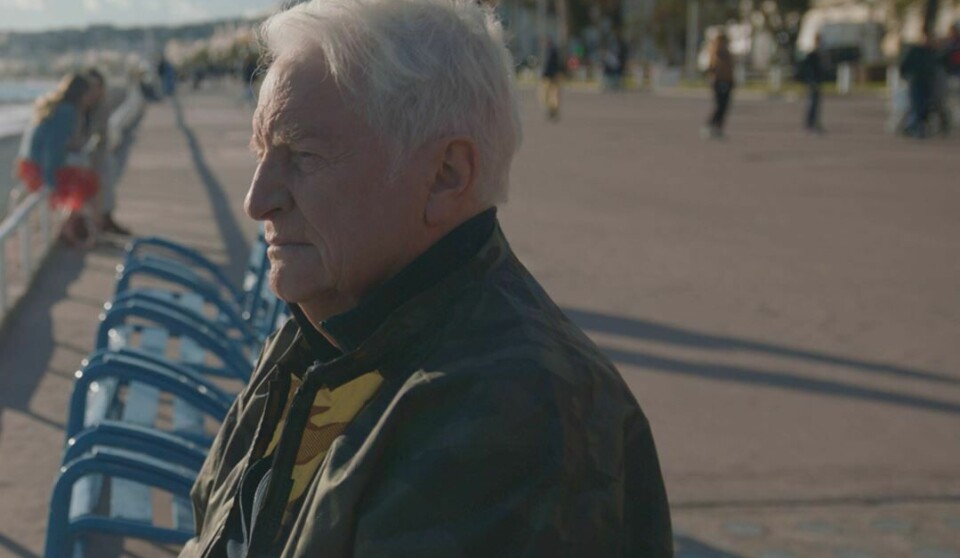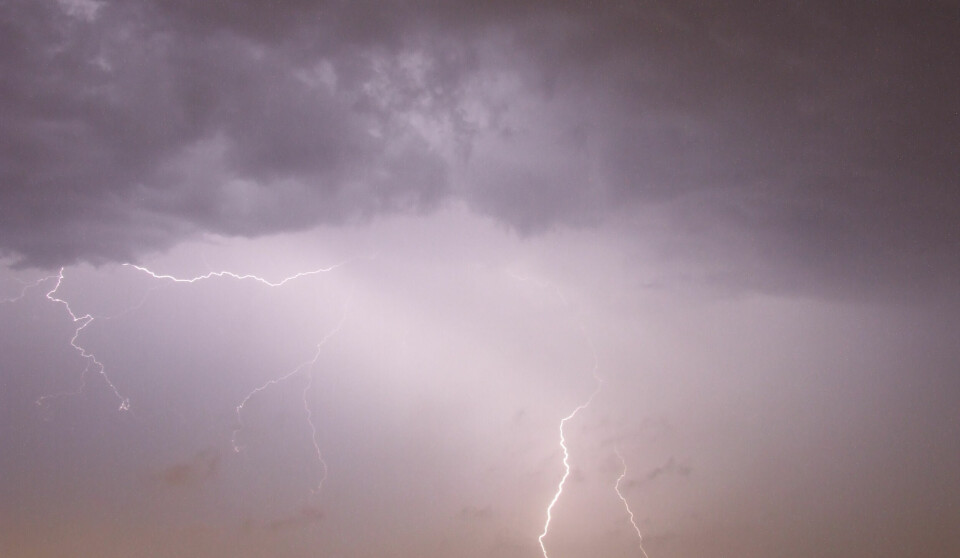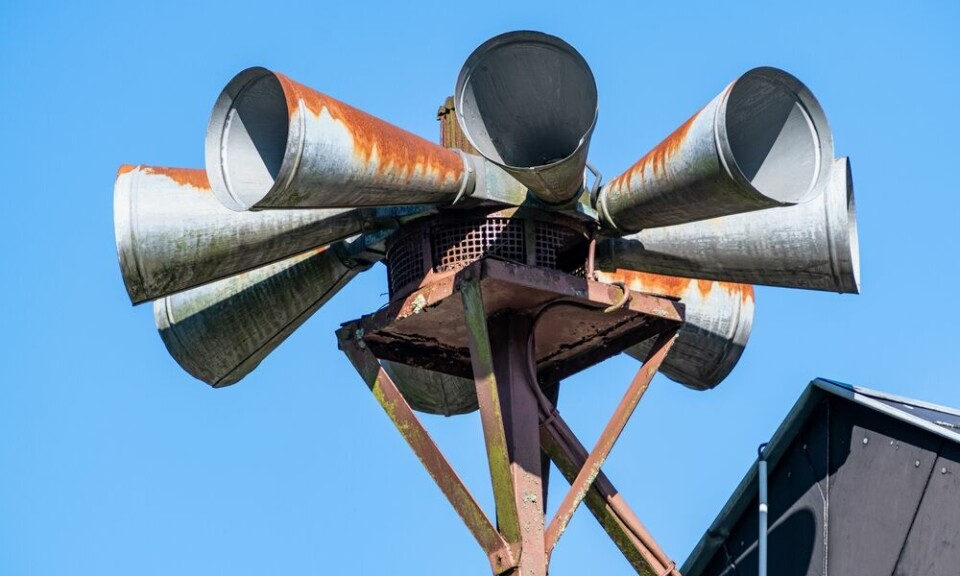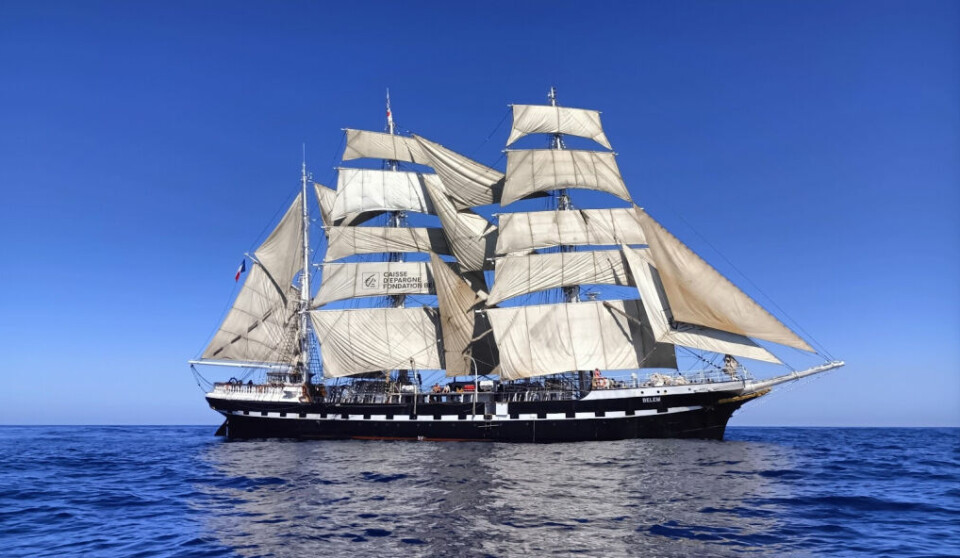-
Thousands march against new motorway project in south-west France
The protest was the latest opposition movement against the controversial project
-
MAP: where are France’s nuclear reactors and what is planned for more?
President Macron wants to triple atomic energy production by 2050
-
‘Climate change should interest more people than it does’
France’s go-to expert on global warming and bestselling author, Jean-Marc Jancovici, talks to us about the future of our planet
Wave power generators ride out storms in trials off French coast
The prototype cylinders that harness energy from the sea’s rocking motion have passed an important test
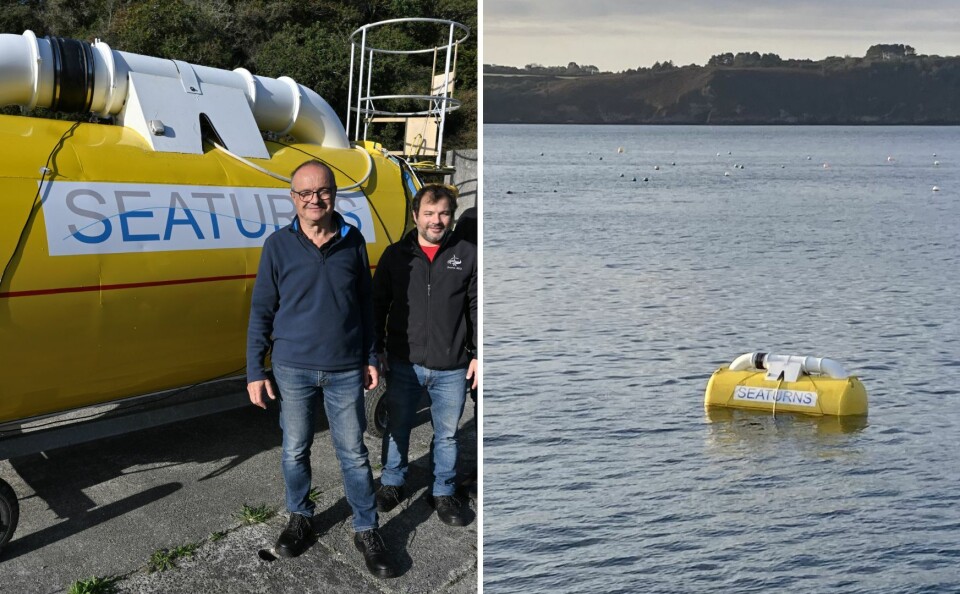
Harnessing energy from ocean waves is a step closer with the launch of a 10-month trial off the coast of Brittany.
Bordeaux firm Seaturns’ prototype generators have already survived some big storms, boosting hopes the solution will work equally well when scaled up to commercial operations.
There have been numerous attempts to produce power from the sea over the years.
Seaturns CEO Vincent Tournerie said: “We have the benefit of being able to study the designs that went before.
“Most of them failed because they had lots of moving mechanical parts and so, from the start, we sought to have as few moving parts as possible.”
How does it work?
Seaturns’ solution, which is protected by multiple patents, is based on a cylindrical tank orientated perpendicularly to the wave direction.
Inside is a smaller cylinder, welded to the end cap. Water is allowed to fill the space between the two cylinders and, with the movement of the waves, it generates an overpressure to drive an air turbine for power.
Each device in its final form should produce 100-200kW of electric energy, meaning a fleet of 10 is equivalent to one medium-power wind turbine.
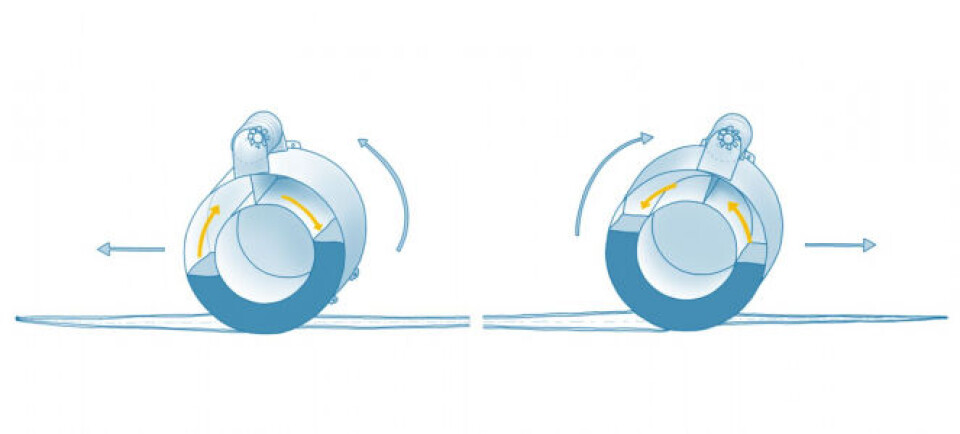
Image: The rocking motion moves the water between cylinders to drive an air turbine; Credit: Seaturns
A fleet this size is expected to cost around €2 million – slightly more than the equivalent wind turbine.
Over a lifespan of 20 years, however, it should produce electricity at the same price as wind or solar devices.
They are largely made of steel so can be recycled.
Read more: France’s largest wind turbine is installed - at 167 metres tall
Performing well even during storms
Quarter-sized prototypes were placed in the sea in October as part of a 10-month trial, and Mr Tournerie said they have performed well.
“There were two big storms that hit after they were installed and they coped very well with them,” he said.
“Some of the waves were over three metres high, and the winds 160km/h, but the Seaturns just rode them out.
“When the waves are too high, they pass through them like a surfer paddling out.”
If all continues to go to plan, the company will put a full-sized Seaturn, with a diameter of six metres and a length of 14 metres, in the sea in 2027.
This will serve as a demonstration for clients, and devices could be sold from then on.
Read more: Electricity generator moves like swimming fish in French river trials
Southern hemisphere sites have year-round waves
Seaturns are ideally situated beyond the surf line of a beach, in water that is 20-30 metres deep.
The innovative mooring system uses ordinary ships’ anchors linked by chains and cables. This helps convert the surge motion produced by the waves into a more productive rocking movement.
They should ideally be placed in areas of constant wave action – the Atlantic coast off France is good in winter, but sometimes flattens in the summer.
“There are sites off Western Australia, New Zealand, South Africa, West Africa and South America where you have waves all year round,” said Mr Tournerie.
“I am sure we will be able to make a profit off the French Atlantic coast, but it will be more seasonal than some of these other sites.”
Return on investment will take time
The company has been funded by a mix of private funds and grants from government and European institutions.
Mr Tournerie estimates that it will need €800million to reach a stage where it starts to make money.
“Finding the money is difficult,” he admitted. “As an industrial project, potential investors have to know it will take time to get a return on investment.
“We are not a tech industry, computer-driven start-up where the returns or losses come much faster.”
Related articles
French village slashes electricity bills by using old watermill site
Permit granted for sustainable ‘white’ hydrogen search at French site
Green news France: Dordogne recycling, sailboats to ship Channel cargo



